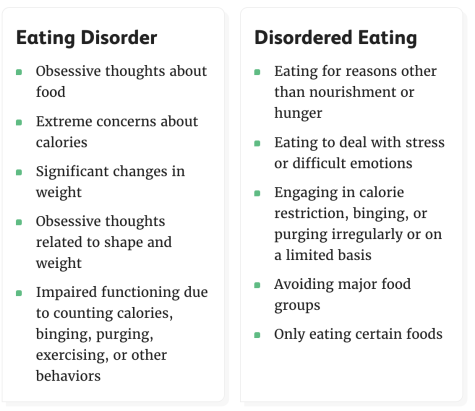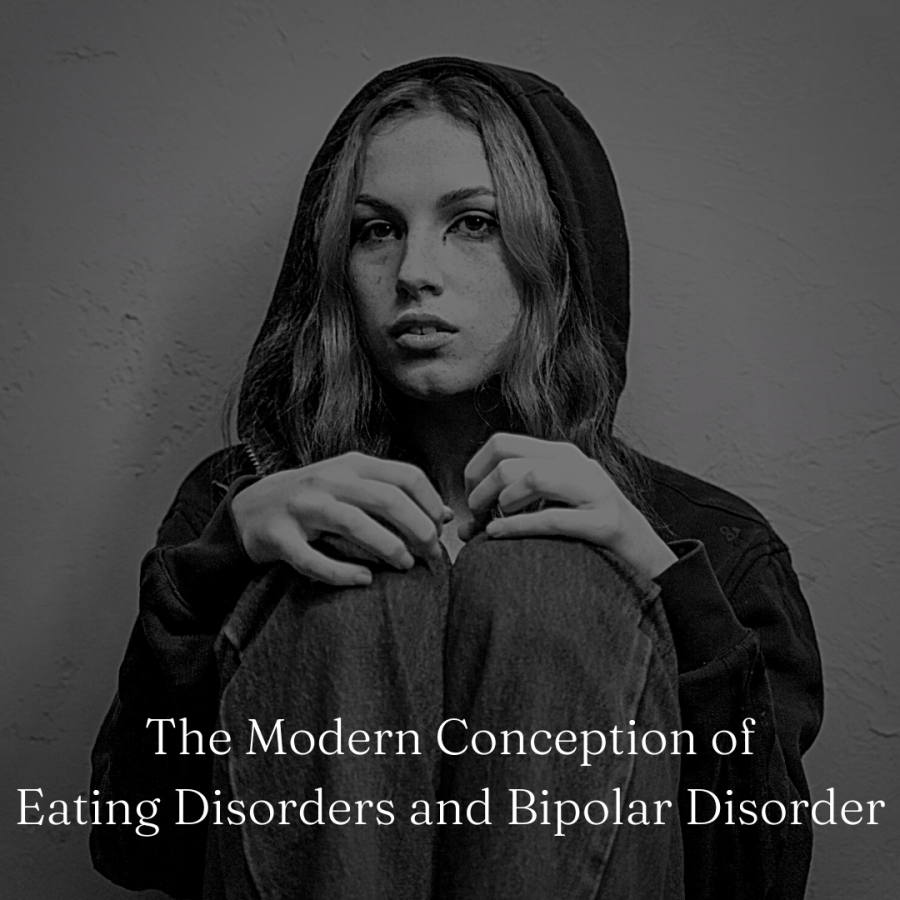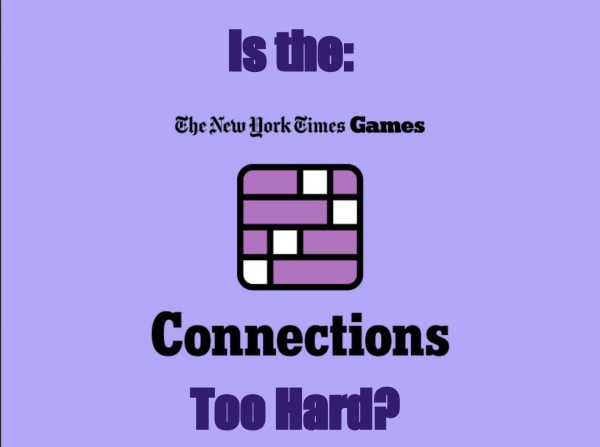The Modern Conception of Disorders: Eating Disorders & Bipolar Disorder
Whether we admit it or not, we all like to feel important. It is a common fragility of human nature to develop a desire to be ‘deep’ and ‘interesting.’ Open access to the internet and social media differentiates our generation from others. Mixing this inclination toward personal depth with extensive and often false representations of mental health disorders has proven detrimental to today’s youth. People find vague definitions of certain conditions through Google or TikTok, and upon finding any commonality between their personality and the symptoms, they proceed to groundlessly diagnose themselves. The naivety of society has paved the way for casual and inaccurate interpretations of mental health disorders.
Below, we have recognized and outlined some misconceptions about two common mental disorders: Eating Disorders and Bipolar Disorder.
Skipping a meal vs having an eating disorder
During the formation of social media, eating disorders quickly became romanticized. Apps such as Twitter and Tumblr were known for promoting anorexic mindsets among teenage girls. Posts and accounts would be made that encouraged starvation and portrayed eating disorders, specifically anorexia, as a ‘lifestyle.’
In attempts to rectify these harmful messages, recent social media, especially TikTok and Instagram, dedicated their platforms to promoting ‘body positivity.’ While the intention behind this is great, it has also played into the victim mentality in modern generations. Many social media platforms tend to exaggerate the symptoms of an ‘eating disorder,’ causing people to falsely diagnose themselves due to mistaking disordered eating for an eating disorder.
Disordered eating, in most cases, isn’t going to lead to an eating disorder, for it is a lot more common and less severe. Everyone has occasional abnormalities in their eating patterns. It has become normalized, especially within Generation Z, to romanticize disordered eating for whatever reasons seem fit.

The idea of eating too much or being overweight has been labeled in society as a demonstration of laziness, disgusting habits, and being undisciplined. Such norms have led to some people eating an abnormally small amount (disordered eating), but many will brag about this in an attempt to avoid fitting these descriptions, establishing themselves as disciplined and clean. This attitude also has people ignoring that their eating habits can cause serious eating disorders.
Eating disorders, according to research done by the National Library of Medicine, are the most fatal psychological disorders. Most are surprised by such a statistic because eating disorders are viewed as less of a psychological obsession and more of a lifestyle choice.
An eating disorder can cause disordered eating behaviors; however, not everyone who has disordered eating is diagnosed with an eating disorder. Feeding into the societal “norms” – self-diagnosing eating disorders/disordered eating – pushes this mentality further and discredits those who have eating disorders, causing a multitude of issues for your health and others.
Mood swings vs bipolar.
When people hear the word ‘bipolar’, they typically conjure an image of instantaneous change in mood. As if in the middle of the day, a switch goes off, and a person suddenly goes from calm to angry. This conception that most people hold of bipolar disorder, which causes them to diagnose themselves or others, is actually mood swings.

Mood swings are a common human experience. Shifts in mood throughout the day are a normal and even healthy reaction to certain events that may take place. If you feel content and then come across something negative, your mood will likely switch. Sometimes, mood swings don’t even require a specific trigger; changes in mood can be caused by sleep deprivation, hunger, certain medications, stress, low blood sugar, or even hormone levels.
The difference between mood swings and bipolar disorder is the length and extremity of each change in mood. While mood swings can be a switch from ‘happy’ to ‘sad’, bipolar is the switch from ‘manic’ to ‘depressed.’ A shift in mood will typically last no longer than a day, whereas those with bipolar experience mood episodes that last days, weeks, and even months. The symptoms of each episode differ based on the type of bipolar disorder. Mania, one of these symptoms, is typically defined by an abnormal increase in energy and an exaggerated sense of well-being. In contrast, those in a depressive episode typically experience an immense drop in spirit, energy, and interest.
In contrast, those in a depressive episode typically experience an immense drop in spirit, energy, and interest.
Also, it’s important to note that those with bipolar don’t experience an instantaneous change in mood. Typically, there is a grace period that spans at least a day between each episode where one experiences a regulated (non-heightened) sense of emotion. Learning to differentiate typical mood swings from being bipolar will allow for accurate recognition of the disorder.
In addition to diminishing the effect of bipolar disorder, the media has promoted views that have led some to exaggerate its symptoms. For the sake of entertainment, bipolar disorder is often portrayed in its most extreme form. Characters in movies and shows who have bipolar disorder often experience intense and sometimes unrealistic mania and depression. This creates the mindset that those with bipolar disorder are psychotic and dangerous beings prone to inflicting harm upon themselves and others. While this is sometimes the case, most of those who have bipolar disorder do not experience it at that level. To be falsely viewed as psychotic over something these people can not control is detrimental to their self-esteem.
False self-diagnosis is not only a dangerous habit but is also insulting to those who have experienced the true effects of certain disorders. Social media and other platforms have a strong impact on society, and this, along with self-victimization in rising generations, allows people to mistake the basic symptoms of a disorder for the disorder itself. If you notice symptoms of a disorder, always consider going to a specialist for help; don’t immediately jump to conclusions and declare yourself ‘diagnosed.’

Hi! My name is Charlize, and this is my fourth year contributing to The Gators Eye. Some of my passions include reading, writing, and social media. I love...

My name is Riley, I’m a senior, and this is my second year being on The Gators Eye staff. I spend my free time hanging out with friends and family, and...















